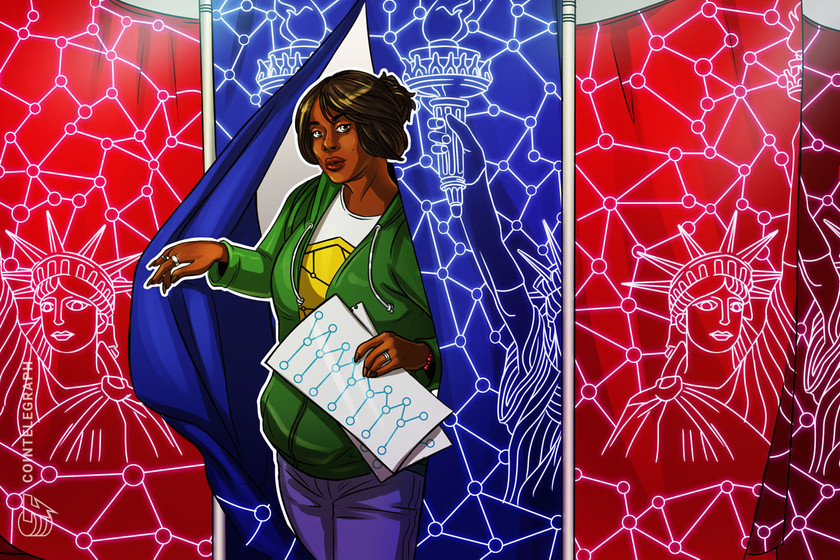Celsius Network to make April 12 filing, including info on voting for restructuring plan


“Our Disclosure Statement will provide a summary of the Plan, account-holder recovery percentages, FAQs, and additional information on certain risk factors,” said Celsius.
Bankrupt crypto lender Celsius Network has announced it will be moving forward on its Chapter 11 restructuring plan with a disclosure statement containing information for claim holders.
In a April 7 notice to users, the Celsius debtors said they will file a disclosure statement on April 12. A March 31 court filing in United States Bankruptcy Court for the Southern District of New York said the statement was aimed at providing “adequate information” for claim holders to vote on the proposed restructuring plan sponsored by NovaWulf.
Last week, we filed our Chapter 11 Plan of Reorganization (“the Plan”) with the support of the
Committee and the Plan Sponsor, NovaWulf. You can find the Plan here:https://t.co/RY95ncZSl8— Celsius (@CelsiusNetwork) April 7, 2023
Celsius first presented the plan in February, which proposed creating a public platform fully owned by Earn creditors called NewCo. The committee of unsecured creditors will appoint the majority of the firm’s board members, with no “Celsius founder involvement or relationship.”
According to the debtors’ statement regarding the plan, the April 12 filing will include details of events leading up to Celsius’ bankruptcy, projected recoveries for certain stakeholders should the restructuring plan be approved, and answers to frequently asked questions. The bankruptcy court is expected to conduct a hearing regarding approval of the disclosure statement on May 17, with a vote on the plan to follow.
Related: Celsius publishes list of users eligible to withdraw majority of assets
Since filing for Chapter 11 in July 2022, Celsius’ bankruptcy proceedings in court have included discussions on assets from the firm’s Earn program, crypto holdings, Bitmain coupons, and personal information of its users. In March, the bankruptcy judge approved a settlement plan allowing Celsius custody account holders to get back 72.5% of their crypto.
Magazine: Tiffany Fong flames Celsius, FTX and NY Post: Hall of Flame

























